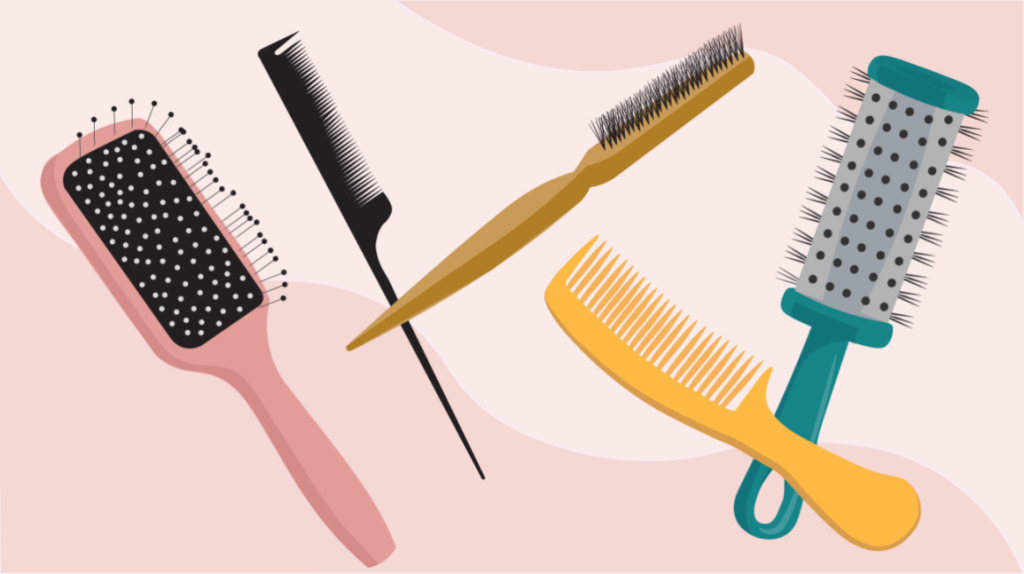Let’s be honest—we all think of home as a safe haven. A place to relax, recharge, and feel protected. But what if the very things we use every day are secretly messing with our health? We’re not just talking about dust bunnies or mold. We’re talking about items that could actually increase your long-term risk of cancer or throw your hormones completely off balance.
Sound dramatic? Maybe. But the science doesn’t lie. From air fresheners to receipts, your cozy household may be hiding more than you bargained for.
Let’s dive into six common household items that could be putting your well-being at risk—and what you can do right now to change that.

Scented Candles and Air Fresheners: When Cozy Smells Come with a Price
Who doesn’t love a candle that smells like vanilla sugar or a bathroom that always smells like lemons? It feels fresh, but the truth is less pretty. Many of these products contain chemicals like limonene—which reacts with air to form formaldehyde. And yes, that’s the same formaldehyde used in labs, and it’s a known carcinogen.
Worse yet, phthalates, often found in artificial fragrances, can mess with your hormones. These chemicals have been linked to reproductive problems, hormone disruption, and even cancer risk over long-term exposure.
What you can do: Ditch the synthetics. Crack a window, get an air purifier, or use essential oils with a diffuser. And if you really love candles, choose soy or beeswax versions with natural fragrances. Just don’t burn them nonstop.
Video: 10 COMMON Household Items That Cause CANCER
Air Humidifiers: The Hidden Swamp in Your Living Room
We all want to breathe easier during dry seasons, but that sleek humidifier by your bed might be releasing more than just mist. Without regular cleaning, it becomes a breeding ground for bacteria and mold. We’re talking Legionella, Pseudomonas, and other not-so-friendly germs.
Even when you use purified water, bacteria can build up fast. Breathing in those microorganisms could cause everything from coughing fits to serious lung infections.
Simple fix: Clean your humidifier every other day. Dump the water, scrub the tank with mild soap, and let it dry fully before refilling. Change the filters often, and never let water just sit there for days.
Dry-Cleaned Clothes: That “Fresh” Smell? It’s a Chemical Bath

We all love slipping into a freshly dry-cleaned outfit—it feels sharp and elegant. But most traditional dry cleaners use perchloroethylene (perc), a solvent linked to increased cancer risk, especially in organs like the liver, bladder, and uterus.
Even just smelling those clothes right after pickup can expose you to the vapors. Over time, that adds up.
Play it safe: Remove the plastic cover as soon as you get home. Hang the clothes outside or in a breezy room for several hours before wearing or storing them. Better yet, look for eco-friendly cleaners that use safer alternatives like liquid CO₂ or wet cleaning.
Cash Register Receipts: That Innocent Slip of Paper Could Be Loaded with BPA
It sounds weird, but receipts are one of the biggest unexpected sources of bisphenol A (BPA) exposure. This endocrine-disrupting chemical is used in thermal paper and can absorb directly through your skin—especially if you handle receipts regularly, like cashiers or frequent shoppers.
Studies have linked BPA to hormone imbalances, early puberty, infertility, and yes, increased risk of breast and uterine cancer.
Smart habits: Ask for a digital receipt. Avoid crumpling or folding paper ones, and definitely don’t stash them next to your snacks. If you handle a lot of them for work, consider wearing gloves—or at least wash your hands frequently.
Hairbrushes: Bacteria Party You Didn’t RSVP To

That hairbrush you use daily? It’s probably collecting more than just loose strands. It’s a magnet for dead skin cells, sebum, dust, and bacteria. And if you’ve got any small scratches or scalp conditions, that bacteria can sneak in and cause infections or irritation.
Using someone else’s brush? Don’t even go there.
Quick cleaning tip: Pull out the hair after every use. Once a week, soak the brush in warm water with a few drops of shampoo or vinegar, scrub between the bristles, and let it dry naturally. Boom—no more gross buildup.
Remote Controls: The Filthy Gadget Everyone Touches (But No One Cleans)
Video: 8 Household Objects That Are Increasing Your Cancer Risk
You touch it during movie night, while eating, and sometimes even while sick. But when’s the last time you cleaned your TV remote?
Studies show remotes harbor germs like E. coli, staph, and even pneumococcus. Basically, you’re pressing bacteria into your hands every time you channel surf.
And hotel remotes? Don’t get us started.
Easy fix: Wipe remotes with alcohol-based wipes at least once a week. While traveling, pop the hotel remote into a plastic sandwich bag or give it a quick wipe with sanitizer before use. And don’t forget to wash your hands after eating or using shared devices.
Your Home Should Be Your Sanctuary—Not a Chemical Minefield

We don’t bring up these hidden hazards to scare you—but to empower you. These aren’t fringe conspiracy theories. They’re real, science-backed risks we often overlook simply because we don’t see the harm right away.
The truth is, long-term exposure matters. The products we use, the air we breathe, the items we touch every day—they all build up in our bodies. And the good news? Small changes go a long way.
Here’s how to take action today:
- Ventilate often. Fresh air dilutes indoor pollutants.
- Read ingredient labels. Be choosy with candles, sprays, and cleaners.
- Clean your stuff. From humidifiers to hairbrushes, regular maintenance is a must.
- Rethink habits. Limit contact with receipts, choose safer dry cleaning, and wash your hands often.
Conclusion: A Safer Home Starts with Smarter Choices
You don’t need to live in fear—but awareness is key. By identifying these hidden risks and taking a few smart steps, you can create a home that’s not just clean and cozy—but genuinely healthy.
Because health isn’t just about what you do outside—it starts right where you live, breathe, and sleep. And protecting yourself and your family? That’s always worth it


